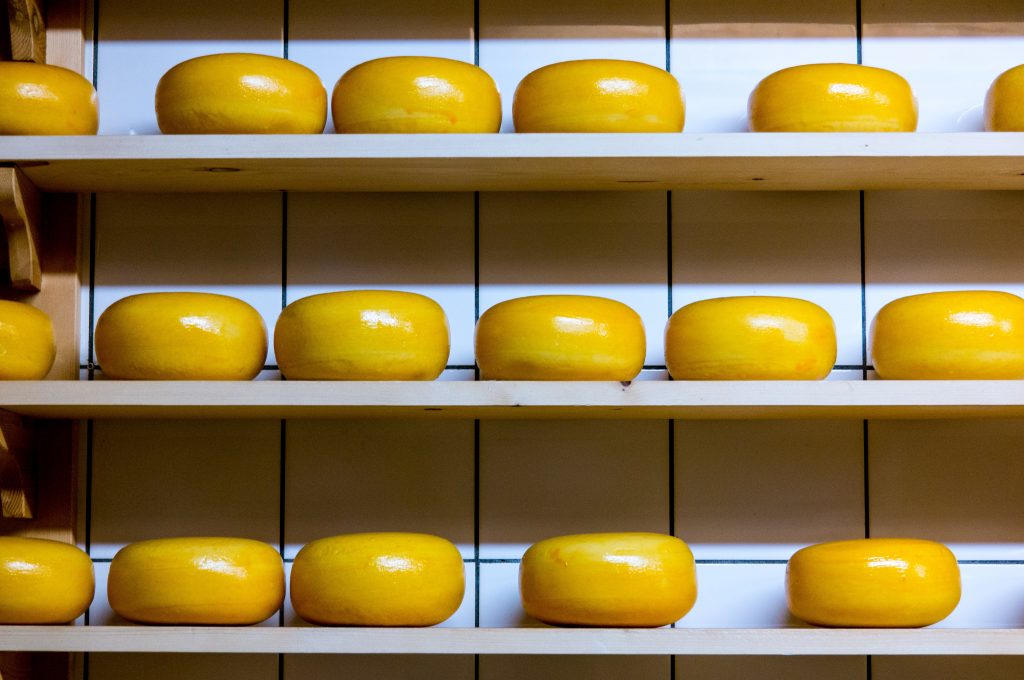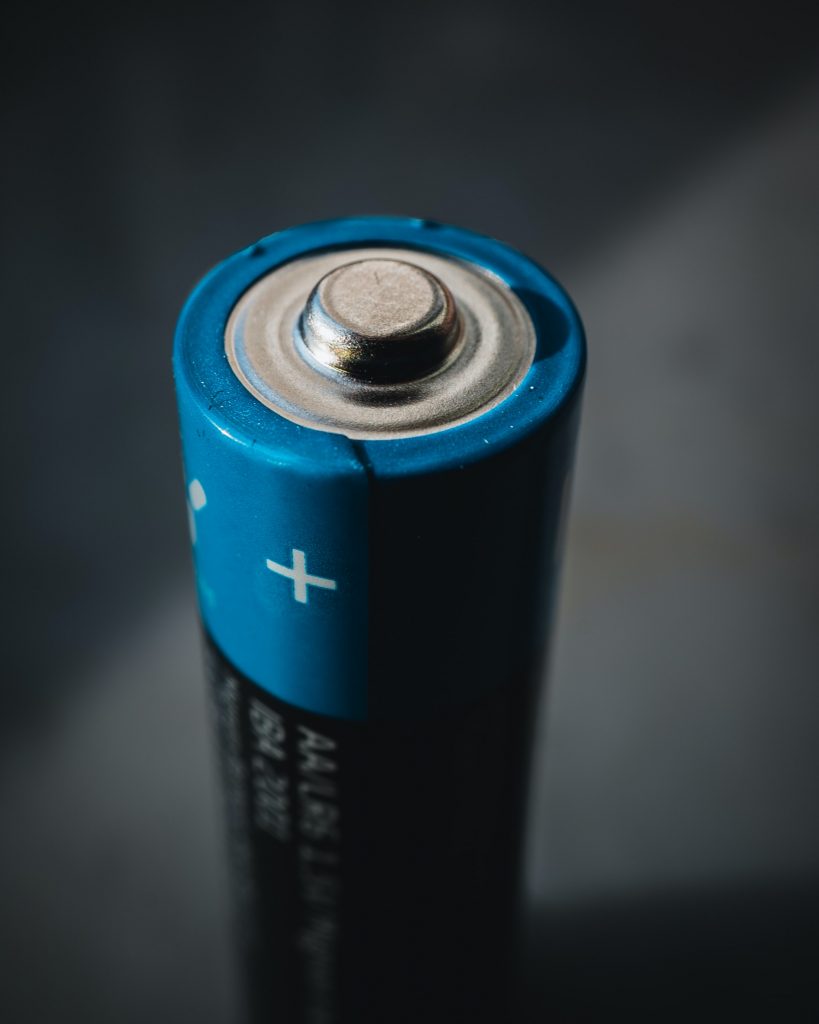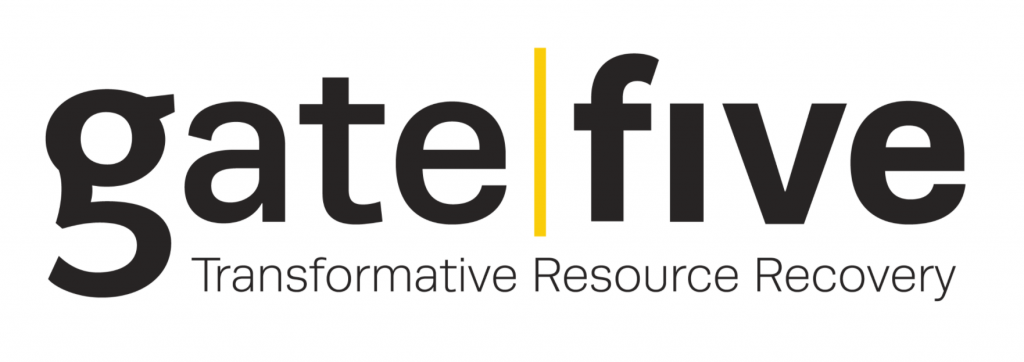To: The Impact Readers

Climax Foods, a startup that’s using data science to replace animal proteins with plant-based substitutes, just raised $7.5M. Climax Foods is using machine learning to process and cross-reference molecular structures to find the best fit. Funding will fuel research in taste, flavor, texture, and nutrition of the most desired animal-based food categories, beginning with cheese.
Why does this matter?
What’s next?
Thoughts
Climax Foods technology and mission will accelerate the growth of plant-based alternatives. However, I don’t believe cheese the best product to begin with. Innovations and investment in this sector should focus on where you can have greatest impact. Cheese is also a luxury good, so the demand for this product may not match the R&D and production costs. Rather than using this $7.5M investment to focus on cheese, I would explore as many different products as possible.
Sign up for The Impact and learn the perspectives behind the latest sustainability trends

Utilities are seemingly in the news weekly.
Sometimes PGE for their lack of ability to just dumb billions into infrastructure redevelopment monthly – which it wouldn’t have come down to if they had been innovating over time… – and sometimes you hear about a midwestern utility like Vectren getting slammed for only giving homeowners $0.03/kWh for pushing solar power back into the grid.
This is not a new issue. All across the midwest ranging from WI Energies to Consumers Energy have all been getting slammed and pressured from advocacy groups about the rates paid for solar net metering.
In Vectren’s territory, based on reports from Lawrence Berkley, solar is actually worth $0.13/kWh.
This is all being calculated based on the resulting savings the utility is receiving for allowing homeowners to net meter into their property.
It’s also not just advocacy groups saying this…in Michigan, SEIA – a trusted organization that lobbies for solar – found that solar in Michigan is actually worth $0.24/kWh.

This year has been all about energy storage.
New chemistry based solutions, new technologies and battery architectures are driving rapid adoption as the prices have started making sense for people to invest into.
One company – that has flown under the radar for over 10 years – is now coming to market with a potential battery cell chemistry that will deliver a 500 Wh/kg. Something that most didn’t believe would happen.
Quantumscape is currently going public via a newly popularized SPAC route – something Nikola (NKLA) and other clean tech companies have been utilizing.
Why is this important?

This week, I talked with Steve Delson and Charlie Rainey, the CEO and Director of Corporate Communications (respectively) of Gate 5 to discuss their company’s solution to better protect public health and the environment by transforming organic waste into safe and usable products. Gate 5 was founded in 2011, and the Gate 5 System has recently been recognized by the U.S. Department of Energy as a superior method for processing wastewater solids (sewage sludge) and other organic waste.
Can you describe what your company does, the impact, and how it differs from other competitors in the space?
The Gate 5 System is a thermal process that will change the way many organic wastes, such as sewage sludge, animal manure, and food waste, are managed by turning these residuals into 100% safe and usable products.
The current problems with managing these residuals are significant. Gate 5 has developed an innovative, highly scalable, less costly, and simpler-to-operate process that offers better protection for public health and our environment.
Throughout the world, millions of tons of sewage sludge, animal manure, and food waste decompose each day into methane gas and can carry a wide range of contaminants of concern, such as viruses, trace pharmaceuticals, metals and PFAS containing compounds that are harmful to the health of people, animals and the environment. These residuals also contain as much latent energy as coal. Recognizing the problems, regulators are beginning to phase out organic waste placement in landfills.
The Gate 5 System dries and mills feedstock (sewage sludge, animal manure, and food waste) into a powdered biofuel. The powder is then burned at 2000O F. The energy and heat from the burner are used to dry the feedstock and power a turbine to produce renewable electricity to run the Gate 5 System. Surplus renewable electricity from systems processing more than one dry ton of feedstock per day can be used to help power the wastewater treatment plant or sold to the grid. In addition to producing renewable energy, our process produces clean air and water. What is left over at the end is a small amount of clean ash that can be sold to asphalt and cement companies, as a fly-ash alternative.
The Gate 5 System recovers far more than the +/- 50% of the latent energy in the residuals than today’s widely used conventional activated sludge (CAS) systems, and the high combustion temperature of the Gate 5 System assures destruction of the contaminants of concern, so they cannot pollute the environment, land, ground water and air.
Because a Gate 5 System at a wastewater treatment plant can run on either “fresh sludge” or biosolids, adopting a Gate 5 System can reduce its environmental footprint and improve its economics by eliminating biosolids production and hauling altogether.
What is the current ecosystem/market landscape and who are the main players? How does the ecosystem/partners/customer seek to benefit from your technology?
Main customers for Gate 5’s technology are managers and producers of organic waste, including wastewater treatment agencies, food processing plants and agricultural operations such as dairies, poultry and swine operations. All three of these industries are facing regulations to reduce waste and their environmental footprint.
Today’s methods are not capable of delivering the needed results and have significant leftover byproducts that must be hauled away for disposal in landfills or landspread. In the current system, biosolids decompose and release methane and other greenhouse gases into the atmosphere, while nitrate and phosphorus containing compounds contaminate the groundwater table and waterways. The current systems do not remove many of the contaminants of concern from the byproducts.
The ecosystem and public will benefit because the Gate 5 System will run on power created from the System’s feedstock (no fossil fuel needed) and turn sludge, biosolids and other organic feedstock into 100% usable products.
How are you thinking about the market and policy?
We feel that it is possible for something that makes good business sense to also be good for public health and the environment – Gate 5 does both. Specifically, we must stop fowling our planet by burying material that will decompose into greenhouse gas and contain contaminants of concern. What has been considered waste can be recognized as valuable resource that should be recovered to reduce our dependency on fossil fuel. The Gate 5 System addresses both issues in an environmentally positive manner. Gate 5 is an example of companies developing technologies that will protect public health and the environment.
What are the current trends in the sector? What does the future look like?
The wastewater management, food processing and agri-business industries are recognizing the need to shift from waste disposal to resource recovery to better protect public health and the environment. During the next 3 to 5 years organic solids will be banned from landfills and industries will be challenged to find new solutions that reduce their environmental footprint.
Gate 5 is well-positioned to be a process of choice for these industries because our process is, more effective, highly scalable, less costly, and simpler-to-operate than current industry practices for managing their residuals. Gate 5 System has project high growth in the waste management and food industries. Gate 5 is seeking equity partners to invest in clean energy.
Our Outlook
Meanwhile the circular economy has been focused on plastic recycling and reuse, as well as greener materials, we will inevitably need waste management solutions. There will always be some form of food waste, as well as general organic waste. Rather than wasting excess, Gate 5 turns it into safe and usable products – a true circular economy.
Aric is the CEO/Founder of Envoy There a startup making Electric Vehicles an amenity. Ian Sumner sits downs with Aric to learn about how car sharing can be ingrained into American Culture.
Check out and subscribe to our Youtube Channel for future episodes!
Writers: Swarnav S Pujari, Ian Sumner, Daniel Kriozere
If you aren’t absolutely thrilled with The Impact, reply and let us know why. Or you can unsubscribe from all updates by clicking here.
Copyright © The Impact 2020. All Rights Reserved || 19 Morris Ave, Bldg 128, Brooklyn NY 11205
Develop your market map of up-and-coming climate startups and market opportunities by subscribing to our weekly newsletter for free.